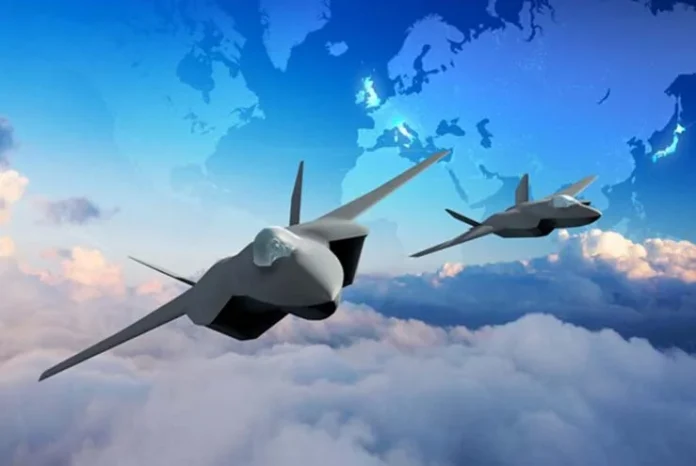New Delhi: In a new and ambitious endeavour, UK, Japan and Italy join hands to build a new generation fighter to respond to the security threats of the future and this was announced by Prime Minister Rishi Sunak on December 9.
The first major phase of this programme, according to an official statement issued by the government of the UK, their Prime Minister will visit a UK RAF base today. The aim of this is to harness the combined expertise and strength of the defence technology industries and to push the boundaries of what has been achieved in the aerospace sector.
The fighter jet which will be built with the combined expertise of these countries is expected to take to the skies in 2035 and the plan is to make it a next generation jet which will be enhanced by the network of capabilities — innovative data systems, uncrewed aircraft, advanced sensors, and cutting edge weapons and more.
It gets the expertise of Japan and Italy, shares costs and ensures that the Royal Air Force (RAF) remains interoperable with its partners. And it is expected that it will help create more skilled job opportunities in the three countries, and strengthen their industrial base and drive innovation which is usable beyond pure military.
The official statement quotes their PM: “The security of the United Kingdom, both today and for future generations, will always be of paramount importance to this Government.”
Adding, “That’s why we need to stay at the cutting-edge of advancements in defence technology – outpacing and out-manoeuvring those who seek to do us harm.”
According to PM Sunak, the international partnership will design the next generation combat aircraft that will protect the allies around the world by harnessing the strength of the defence industry and creating jobs while saving lives.
The UK is also anticipating that more like minded countries could join GCAP or collaborate on wider capabilities which will help to boost its export capabilities. The fighter jet will be compatible with other NATO partner’s fighters and is expected to replace the `Typhoon’ which it gets decommissioned.
The three countries are expected to agree to the cost-sharing arrangements which will be based on a joint assessment of costs and national budgets.









